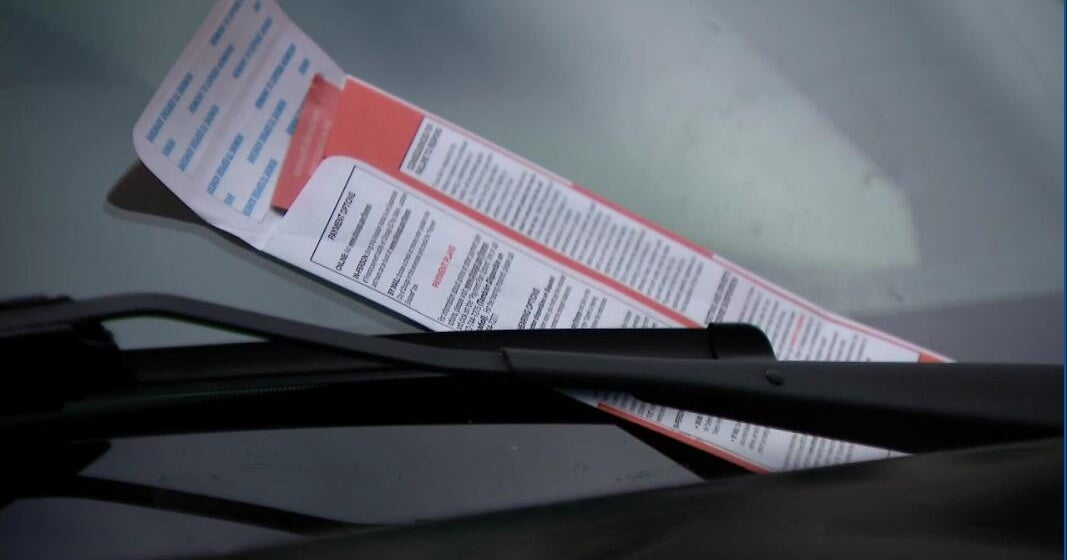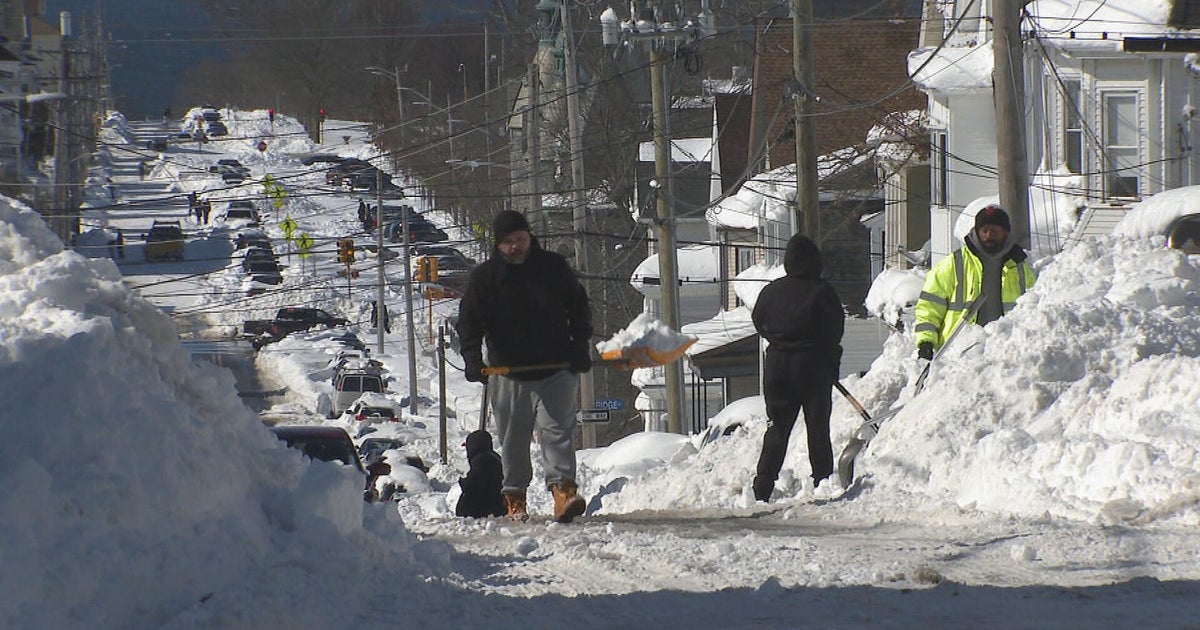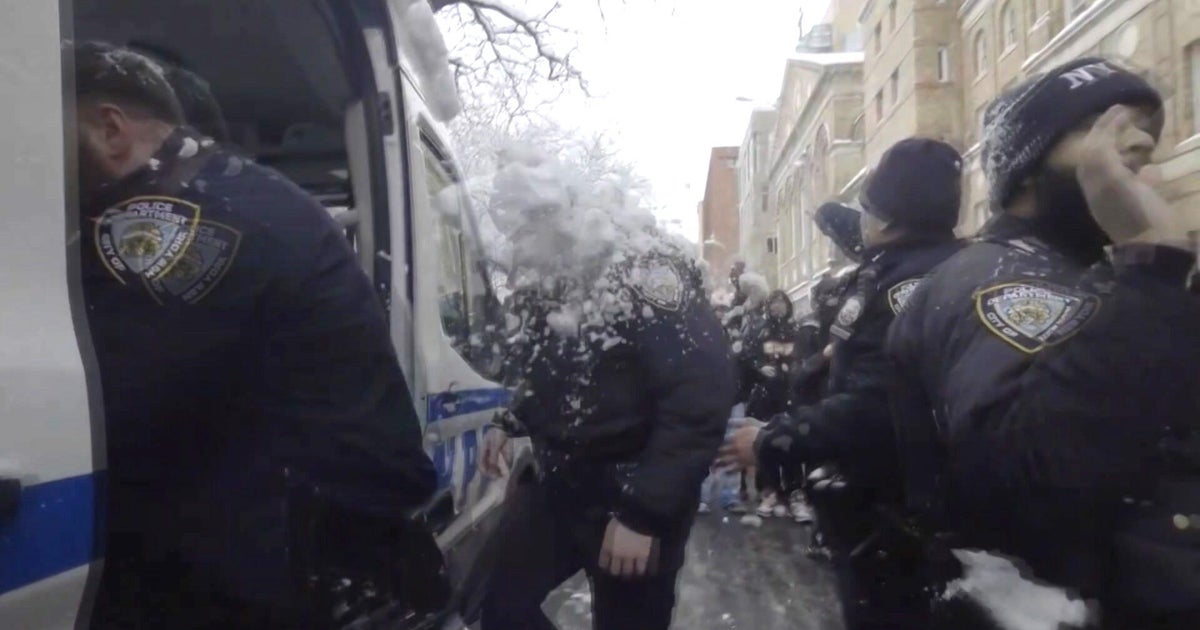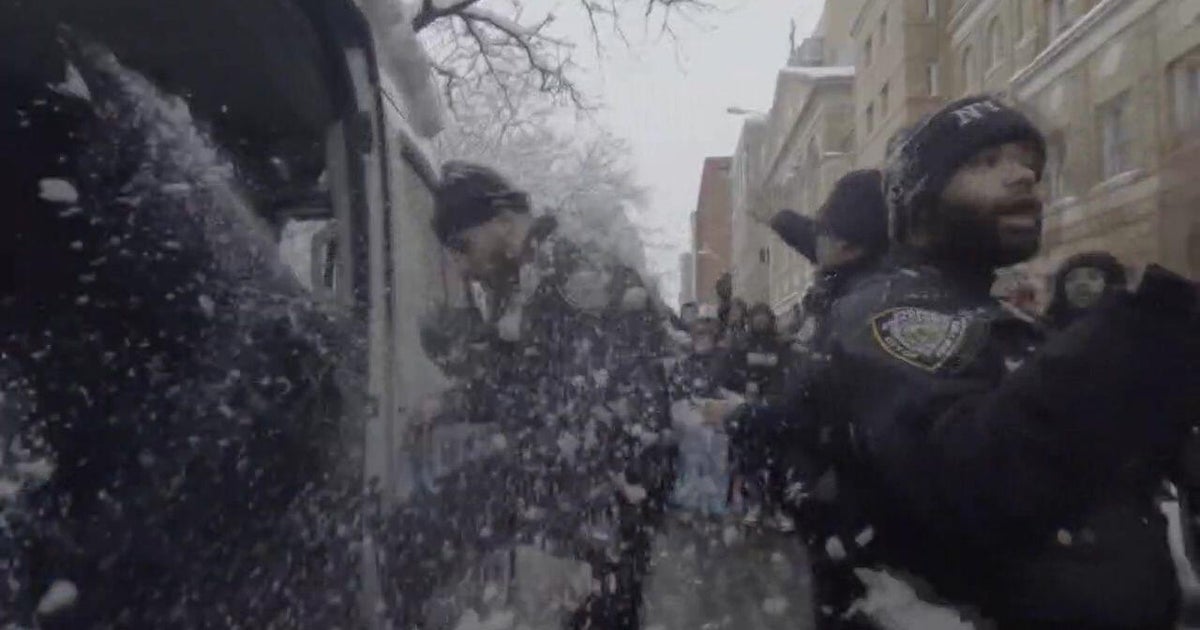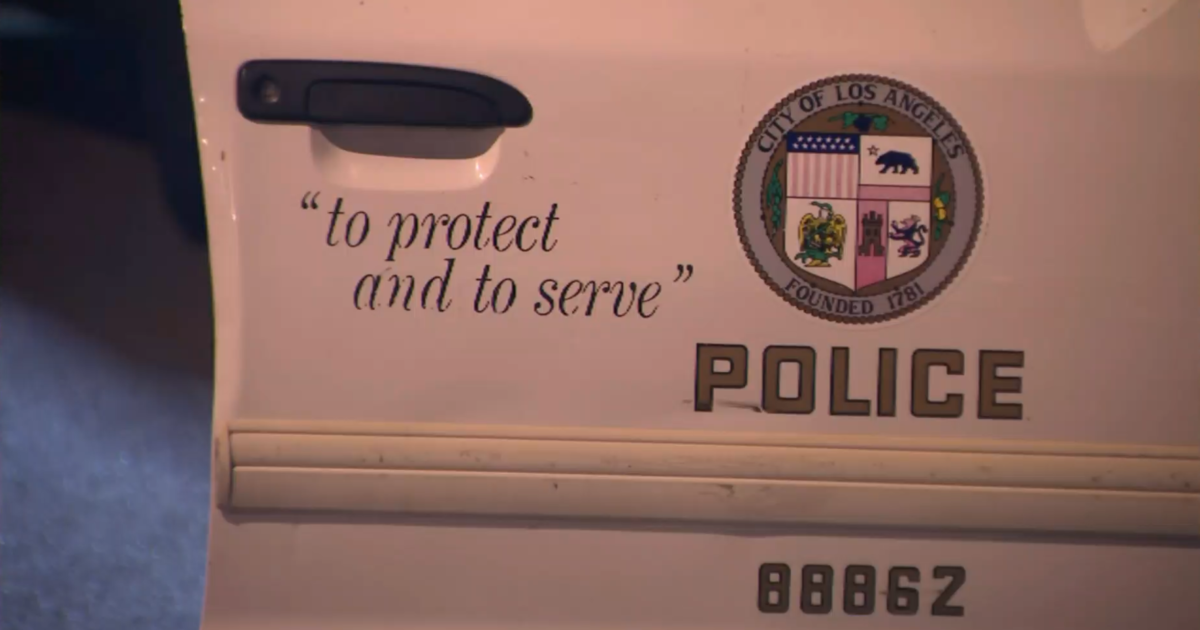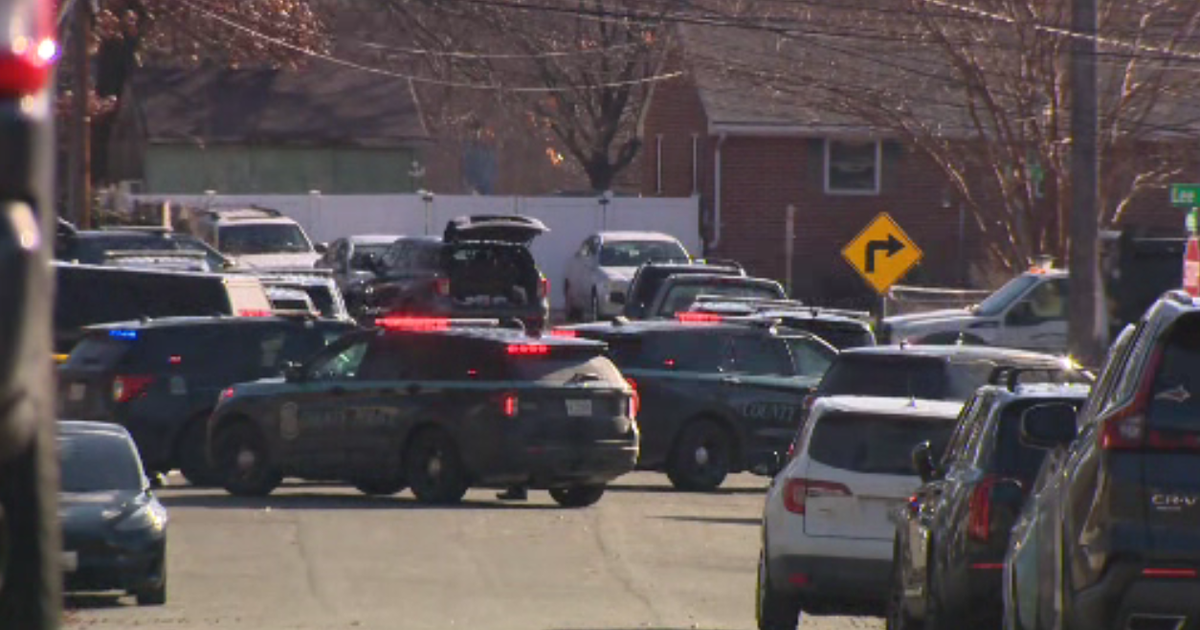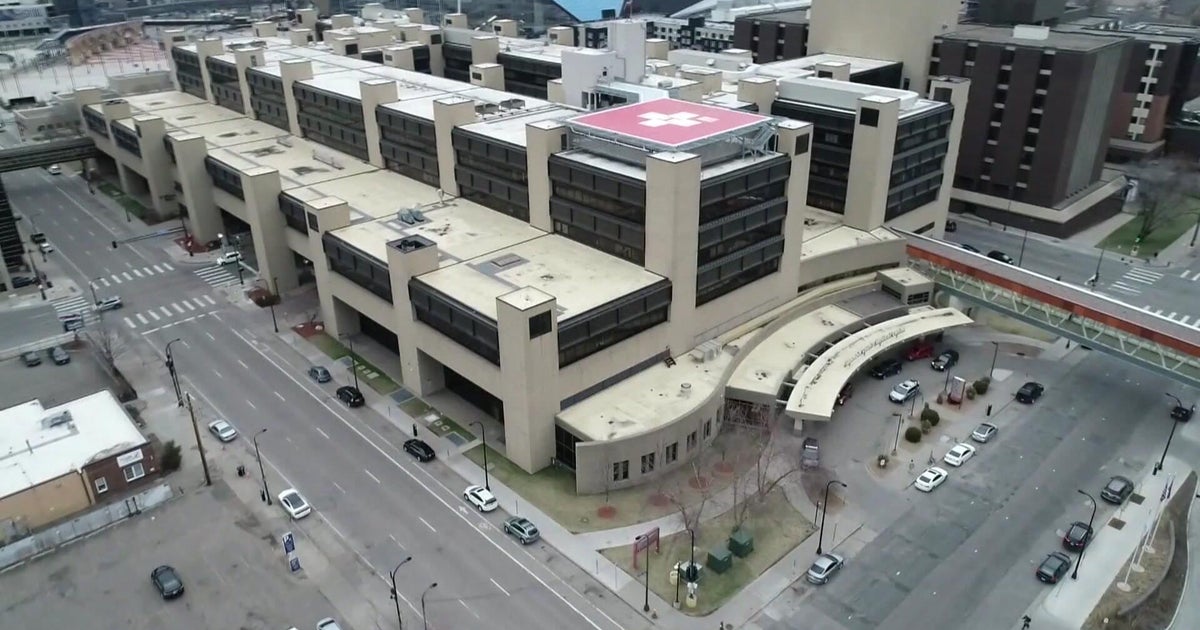I-Team: City Councilor Calls For Change To Law That Allows Free Parking With Handicap Placards
BOSTON (CBS) - After a WBZ I-Team investigation exposed rampant abuse of handicap parking in downtown Boston, a city leader is calling for a change to the state law that allows drivers with disability placards to park free at meters all day.
"When you carve out an exemption, someone will drive a truck through it," Councilor At-Large Michael Flaherty told the I-Team. "Nothing is more offensive than seeing an able-bodied person scamming the system, putting the handicap placard on their dashboard, and in many instances, running to their destination."
Flaherty was reacting to the I-Team story, which had no trouble finding drivers using someone else's handicap placard to score free parking in the Seaport District.
During several days of video surveillance, the I-Team identified suspicious examples, and then confirmed the placards did not belong to the drivers through a law enforcement source.
Boston Transportation Department parking officers do not have the authority to call out suspected placard abuse, the I-Team learned. And statistics the Registry of Motor Vehicles (RMV) provided show police enforcement can be rare.
In downtown Boston, where parking is costliest and abuse most rampant, records show police only wrote five violations for placard misuse. Throughout all of Boston's neighborhoods, there were 17 violations.
Some other police departments have more targeted enforcement efforts, like dedicating an officer to placard abuse on a weekly basis.
In 2017, Fall River wrote 43 violations, followed by Worcester (38), Burlington (34) and Foxborough (32). On the opposite end, Cambridge police only ticketed one driver for placard misuse.
Boston police spokeswoman Officer Rachel McGuire said the department does not have any specific enforcement efforts targeting handicap placard misuse, but encouraged the public to report suspected fraud.
"It can be time consuming – we don't often witness people parking or coming back to their vehicles," McGuire said. "We investigate and enforce when we receive complaints about a specific area."
To recoup lost revenue (estimated at "millions" by a 2016 Inspector General report), cut down on abuse and open up spots for those who truly need them, Flaherty offers this proposal:
"Those with placards need to pay the meter like everyone else," he said. "And when that happens, probably 95 percent of the fraud will be eliminated."
Christine Griffin, executive director of the Disability Law Center, previously told the I-Team new technology at parking meters makes them far more accessible with options like paying via a mobile app.
"I support this because it actually treats people with disabilities equally," Griffin said.
Lowell state lawmaker Sen. Eileen Donoghue, who recently authored a bill that increases placard misuse fines and penalties, expressed concern about lifting the meter exemption across the state because not all communities have the same technology.
A spokesman for Governor Baker said he was pleased to sign off on the increased penalties for handicap placard abusers.
"The administration will continue to work with law enforcement at the state and local level and municipal officials to review policies and procedures to crack down on fraud," spokesman Brendan Moss told WBZ.
Flaherty, who plans to raise the issue with his city council colleagues through a home rule petition, said he is open to a compromise that would allow for placard holders to park free for two hours at meters. That would prevent workers from clogging up spaces for their entire eight-hour shifts by using fraudulent placards, he said.
"Cities and towns across the Commonwealth are getting the shaft by losing out on very precious revenue because of a scam," Flaherty said.
But Lorraine Done, a Milton resident with disabilities who works at Lesley University in Cambridge, opposed the idea of taking away the parking meter exemption.
"Handicap placard privileges come with the cost of membership: being physically disabled," Done wrote to WBZ. "Let's police the violators and not victimize those who depend upon the common sense, human accommodation of placards."
Ryan Kath can be reached at rkath@cbs.com. You can follow him on Twitter or connect on Facebook.
